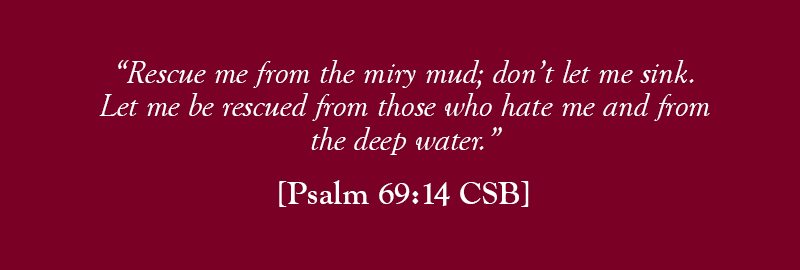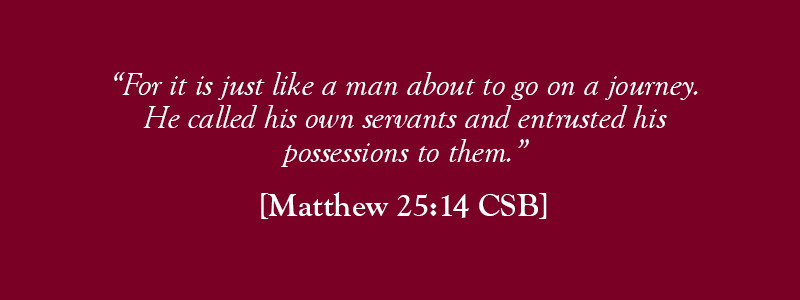|
What do do?
Over the past two weeks, I have received many questions like these:
- I am an R.N. For what I think are valid reasons, I do not want to receive any of these current Covid-19 vaccines. Yet, [large healthcare system], my employer, says that I will be fired if I don’t become vaccinated. Proof of antibodies are not enough. What should I do?
- I have worn two masks for over a year. I worked remotely almost exclusively. I was vaccinated early on. Yet, I still got sick during this latest round of Covid. Thankfully, it’s a mild case. The problem is that my coworkers are now saying things like, “See how dumb your precautions were! Stop being so scared.” I am not scared. I was just convinced this was the best way to take care of the temple of the Holy Spirit that is my body. I do not want to slack in my preventative efforts but am tired of the snide remarks and rolled eyeballs. What should I do?
- I do not want to get the vaccine. I do not believe it is a sin to get the vaccine as a general matter. I have found no Scripture that counsels either explicitly for or against the vaccine. Thus, I believe the decision to get this vaccine is one of free choice as given by God. I do believe it would be sinful for me to knowingly obtain a vaccine that uses or promotes the use of aborted stem cells in its testing, development, or production. However, I am under a presumptively lawful order from Caesar, the [branch of US government in which I serve], to get vaccinated. What do I do?
Two kingdoms
These are difficult questions because they deal with health concerns that are at the same time both individual and corporate in nature. Thankfully, we have guidance from God and from people who traveled this fallen earth before us. In Romans 14 and 1 Corinthians 8, the Apostle Paul describes a similar dilemma. A few hundred years later, Augustine also dealt with somewhat comparable issues. After thinking it all through, Augustine wrote a book called The City of God.[i] Below is my simple attempt to summarize Augustine’s arguments, which are grounded in Paul’s NT scripture.
First idea – In scripturally debatable situations, one must use wisdom as guided by the Holy Spirit. No one else can make such choices for you.
Second idea – One must be willing to sacrifice personal freedom in order to bless others. This does not mean you should do something that you are convinced is morally wrong.
Third idea – One must not judge others who reach different conclusions.
Applications – Once one reaches a conclusion, there are two arenas of application – in the church of Jesus and within the wider world:
- Within the body of Christ, debatable things like Covid-19 protocols fall into the Romans 14/1 Corinthians 8 “meat sacrificed to idols” category. The point of that “meaty” argument was health. Interestingly, health is often at the core of debated subjects, and the argument groups are remarkably similar across the ages. Whether one is working through Paul’s meat sacrificed to idols, Augustine’s concerns over the dealing with the Vandals, or current Covid-19 issues, these are the major perspectives:
- Some Christians emphasize personal health in physical stewardship. [Note: meat cooked on pagan altars comprised the healthiest food available at the time Paul wrote.]
- Others focus primarily on healthy spiritual stewardship, concerned about funding evil through purchases at pagan temples.
- Other believers are deeply bothered by realpolitik, seeing increased power of pagan temples or human governments as unhealthy for society.
- Yet other Christians are gripped by public health needs and desire a stronger government to enforce mandates for the greater good.
Whichever group or groups describe your reasoning, take time to apply the scripture to life within your church. That means one must reach a reasonable conclusion regarding the best action for oneself, be willing to give up personal freedom to accommodate others, and never judge others for different choices on the debatable matter.
And note that Paul commands to keep your conclusions between yourself and God. Augustine was just as pointed, saying, “And yet, will we ever come to an end of discussion and talk if we think we must always reply to replies? For replies come from those who either cannot understand what is said to them or are so stubborn and contentious that they refuse to give in even if they do understand.” – Augustine of Hippo Regis, City of God
- Outside the body of Christ, each particular environment determines one’s faith expression:
- If the non-Christian mentions nothing, just follow your conscience as guided by Word and Spirit.
- If the non-believer is using this as a (misunderstood) litmus test of your faith, don’t publicly take the vaccine/eat the meat/join the Vandals/etc. Better to do without than to reinforce a false idea of Christian hypocrisy.
- If they ask for the reasoning behind your choice, take the opportunity to share about scripture and the freedom one has in Christ.
If a power forbids the path you have chosen, face the heat of the furnace with confidence. As the three Hebrews confessed in Daniel 3: God is able to save us, but whether He does or not, we will not violate conscience. The worst outcome is that some power moves us more rapidly along toward our home in the permanent kingdom of God. The best that can occur is God’s amazing provision – which often brings persecutors to repentance in these kingdoms on earth. Thus, every outcome is a win for the one who stands non-judgmentally and strong in conscience.
God bless,
Wayne





